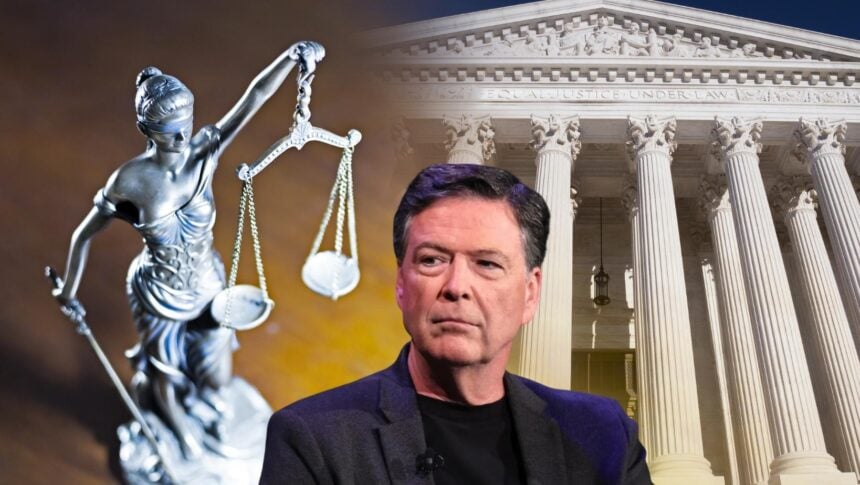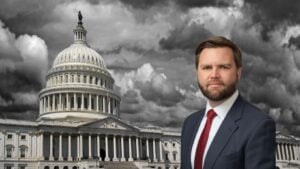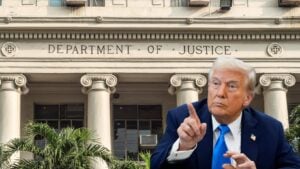Former FBI Director James Comey has been indicted on criminal charges in federal court in Virginia, a striking turn in one of Washington’s most durable political battles.
The case centers on statements tied to congressional testimony and was disclosed by the Justice Department on Thursday.
Prosecutors allege that Comey committed two offenses, including making a false statement and obstructing a congressional proceeding, according to people familiar with the matter and contemporaneous reports.
The indictment was returned in the Eastern District of Virginia, a venue that often handles sensitive national security and public integrity cases. Comey has denied wrongdoing and said he will contest the allegations in court.
The filing marks a rare instance of a former FBI chief facing criminal charges. It also arrives after days of heightened political rhetoric about bringing cases against perceived adversaries.
The Justice Department said a federal grand jury approved charges and that the case involves issues stemming from Comey’s handling and discussion of government information and his sworn testimony.
The department did not immediately release a full narrative of the alleged conduct, and more details are expected as the case proceeds.
Comey, who led the FBI from 2013 until his dismissal in 2017, became a central figure in partisan fights over the bureau’s decision-making during the 2016 election and the early stages of the Russia investigation.
He previously testified before multiple committees about those episodes, including the FBI’s contacts with journalists and the handling of sensitive material.
The new case places those long-debated chapters back under the spotlight and raises the prospect of a courtroom test of claims and counterclaims that have lingered for years.
The political reverberations are immediate, allies and critics swiftly framed the indictment as either overdue accountability or evidence of a justice system bending to political demands. That split is unlikely to narrow soon.
The next procedural steps will involve an initial appearance and a schedule for further filings, which could include motions challenging the indictment’s legal theories and the sufficiency of the evidence.
Judges in the Alexandria courthouse have historically moved complex matters briskly, though any pretrial litigation could stretch the timetable.
The direct market impact is likely limited in the near term for investors. The case does, however, feed a broader theme that markets have been pricing for much of the year: elevated policy and headline risk out of Washington.
Episodes that test institutional independence can catalyze volatility in pockets tied to regulation, security contracting, and large-cap tech when they intersect with privacy or surveillance debates.
The larger question for risk assets is whether the legal fight becomes a protracted political story that drags into other policy arenas, from budget talks to regulatory rulemaking.
None of that is knowable yet, but it will keep Beltway risk on traders’ dashboards.
Legally, prosecutors will need to prove that any disputed statements were materially false and that any alleged obstruction had a clear nexus to a congressional proceeding.
Defense lawyers are likely to argue that testimony was accurate as understood at the time or immaterial under governing standards, and that any interactions with lawmakers or staff fall short of criminal obstruction.
These are not easy elements to litigate, especially when the fact pattern involves complex investigative decisions and interbranch communications.
The indictment of a former FBI director is, on its face, extraordinary.
It promises a high-stakes test of where political controversy ends and criminal liability begins, and it arrives at a moment when public confidence in institutions is already under strain. The courthouse will now take precedence over the airwaves.
The outcome will turn on evidence and law rather than the intensity of the debate around it.




















